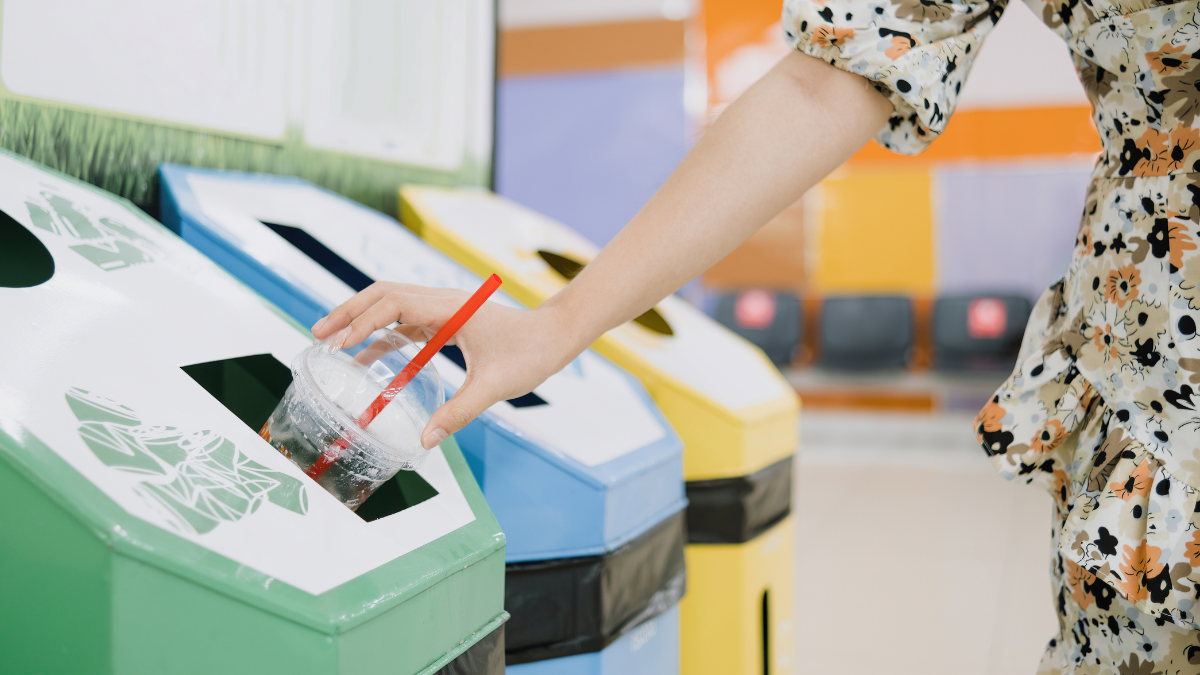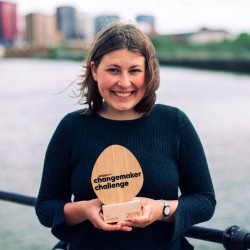Make plastic packaging less confusing, scientists warn
If you want people to recycle compostable plastics appropriately, they need more help understanding how to do it.

That is one of the conclusions of a new study of university campuses on both sides of the Atlantic, carried out by scientists at the University of Surrey and Imperial College London.
Certified industrially compostable plastics have been designed and tested to break down under conditions found in industrial composting.
To study why some people recycle these plastics appropriately while others do not, the team surveyed communities at Imperial College London and the University of California, Davis.
They studied the recycling systems on both campuses, carrying out focus groups and surveys to identify the factors that could influence disposal practices. They then applied a method called network analysis, which maps the relations between factors and disposal practices to investigate which factors might be most influential. They found that the more knowledgeable about biodegradable plastics and recycling a person was, the more likely they were to dispose of biodegradable plastics alongside food waste.
While knowledge was important, having access to the right infrastructure was essential. Participants at the University of California, who had more access to a food waste bin (78% vs 57%) than their counterparts at Imperial College London, were, in turn, significantly more likely to recycle their biodegradable plastics in that bin (71% vs 45%).
The paper was published in the journal Cleaner and Responsible Consumption. It helps promote UN Sustainable Development Goals (SDGs) 11 (sustainable cities and communities), 12 (responsible consumption and production) and 13 (climate action).
Featured Academics
Media Contacts
External Communications and PR team
Phone: +44 (0)1483 684380 / 688914 / 684378
Email: mediarelations@surrey.ac.uk
Out of hours: +44 (0)7773 479911

